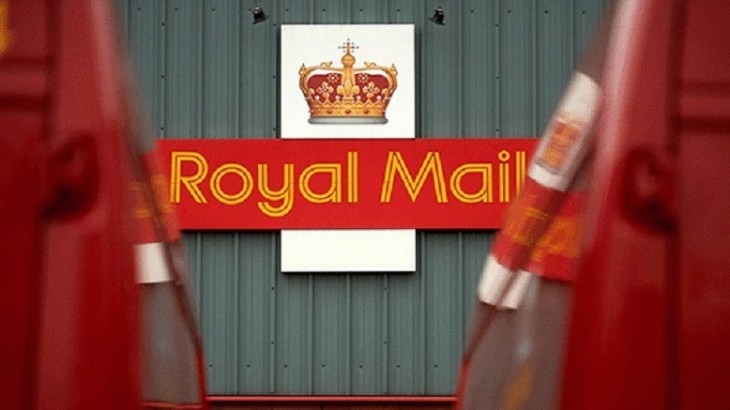Facilitating shielding

We understand that colleagues who are clinically extremely vulnerable (CEV) have been advised not to go to work during the national lockdown in England, if they cannot work from home.
Employees in this group will have received a letter from the UK Government/NHS, with detailed advice on what they can and cannot do during the current lockdown period.
People who are defined as CEV are at very high risk of severe illness from Covid-19, so if a colleague receives a letter from the UK Government/NHS advising them to shield, they should do so. If they are unable to work from home, they should not come to work.
We are extending Royal Mail sick pay to colleagues with CEV status as we did during the last lockdown. Exceptionally, we will also offer full sick pay to support CEV colleagues who are due to move on to half pay/nil pay or Statutory Sick Pay (SSP). This means CEV colleagues with less than a year’s service are also covered. This will apply where you cannot work from home. Colleagues who are on half/nil/SSP and in this category will receive a letter confirming the arrangement.
This approach will be in place until Wednesday 2 December when lockdown and shielding are due to end. The extension of our policy is at our discretion and we will review the situation again once we know whether lockdown or shielding are being extended.
As a condition of extending sick pay colleagues must:
- Provide their manager with the letter they received from the Government/NHS advising them to shield and not come to work, if they cannot work from home, during the lockdown period.
- Agree to book and take all their full annual leave entitlement this holiday year (ending 31 March 2021) even if it overlaps with shielding.
- Agree to take any pre-booked annual leave, even if that overlaps with shielding.
Colleagues will receive their usual pay when taking holiday.
Please note, the clinically extremely vulnerable rules currently only apply in England. Northern Ireland, Scotland and Wales continue to have their own restrictions in place.
Further support
You can find a fully updated Q&A covering all aspects of our ongoing response to the coronavirus pandemic by clicking here.



